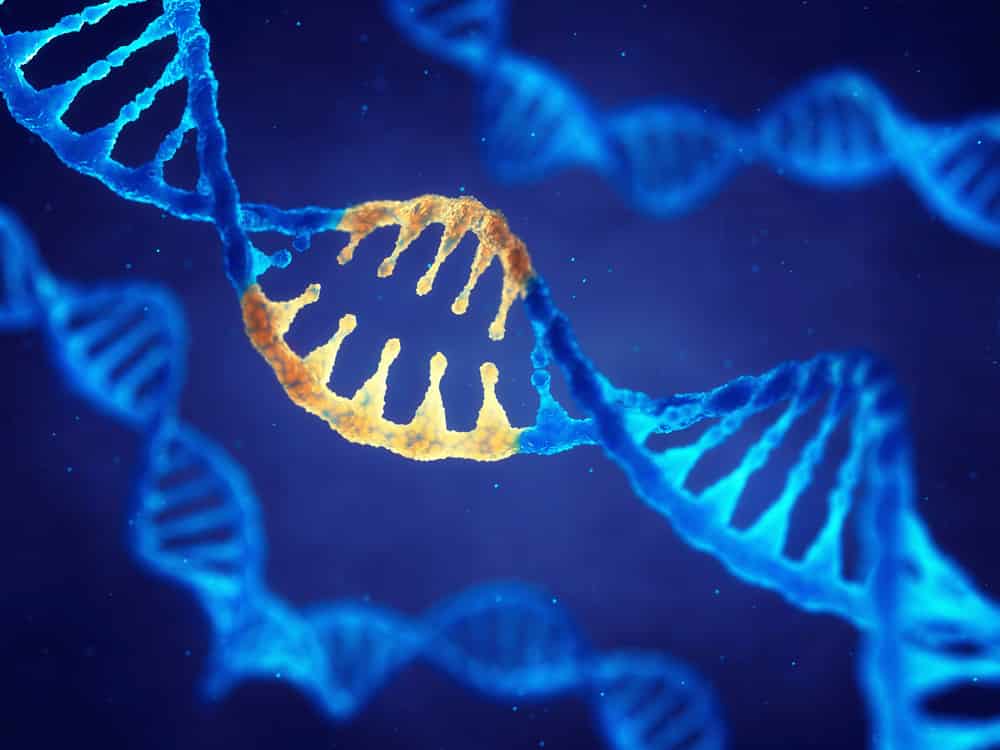Three entities have joined forces to develop allogenic immune cell therapies based on a platform that generates functionally mature immune cells from induced pluripotent stem cells (iPSCs).
ElevateBio LLC is a technology-driven company focused on powering transformative cell and gene therapies. It announced recently (August 5) that it has formed a yet-to-be-named company co-founded by Harvard Medical School Dean, George Daley and Boston Children’s Hospital to develop the cell therapies.
Molecular signatures
This proprietary differentiation process overcomes the tendency of iPSCs to generate immature, embryonic blood cell types, and enables the generation of multiple subtypes of immune cells that display mature molecular signatures similar to T cells from adult blood.
The peer-reviewed publication in the journal Cell Stem Cell showed that iPSC-derived mature αβ T cells exhibited antitumor activity and cytokine secretion and could serve as an ideal source for the development of allogeneic off-the-shelf therapies.
This is the first company to emerge from the previously announced five-year collaboration between Boston Children’s Hospital and ElevateBio to accelerate the development of novel cell and gene therapies.
Gene therapy
David Hallal, chairman and CEO of ElevateBio, said: “We have been rapidly building fully integrated end-to-end cell and gene therapy enabling technologies and capabilities to enable the world’s most prolific scientific innovators and visionaries, such as Dr. Daley, to push the boundaries of the field and deliver powerful new therapeutic modalities for patients.
“This exciting new company is the first from our collaboration with Boston Children’s Hospital and is a prime example of how our integrated ecosystem – our iPSC cell lines and process development capabilities, our gene editing technology, our CAR and TCR constructs, and our scale-up manufacturing capabilities – creates the perfect foundation needed to turn these scientific breakthroughs into transformational medicines.”
A differentiation process discovered in Daley’s lab at Boston Children’s Hospital has been shown to promote definitive hematopoiesis and supports efficient production of mature T cells.
T cell maturation
This novel differentiation process incorporates repression of the histone methyltransferase EZH1 during iPSC differentiation to facilitate T cell maturation. The Daley lab showed previously that EZH1 is a negative regulator of lymphoid potential during embryonic blood development.
Daley, senior author of the newly published Cell Stem Cell paper and whose lab is at Boston Children’s Hospital, said: “CAR-T therapies have revolutionized the treatment of certain blood cancers, with complete responses in many patients undergoing this type of treatment. However, current treatment strategies involve manufacturing a customized CAR-T cell product for each individual patient, which is cumbersome and labor-intensive.
“Our science offers an approach to circumvent these hurdles by offering an entirely new way of making allogeneic immune cell therapies that could pave the way for powerful treatments for a wide range of cancers.”





